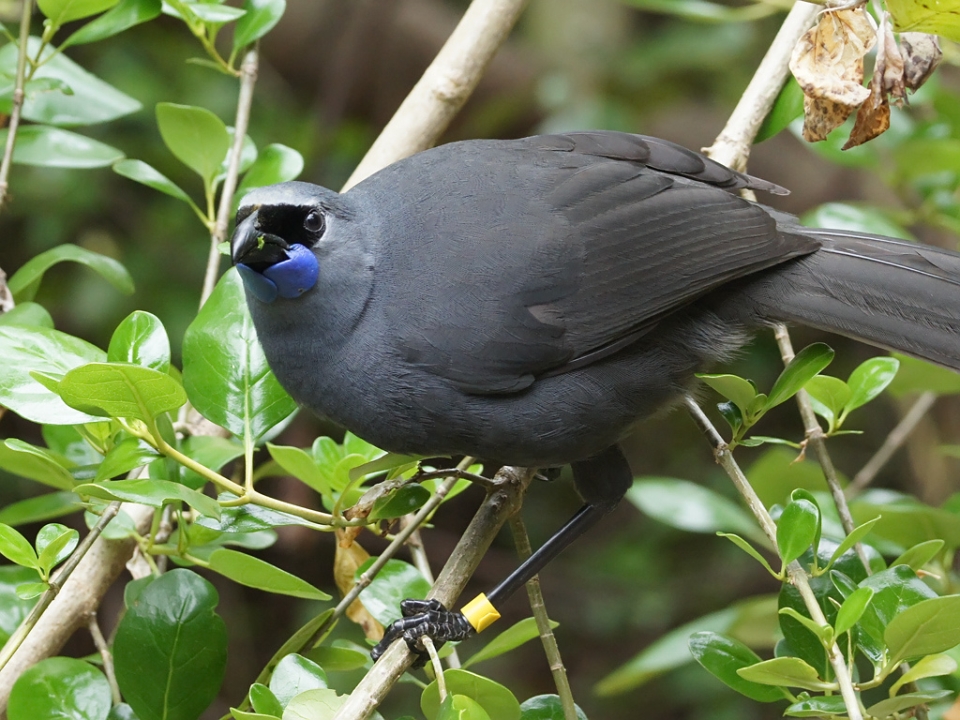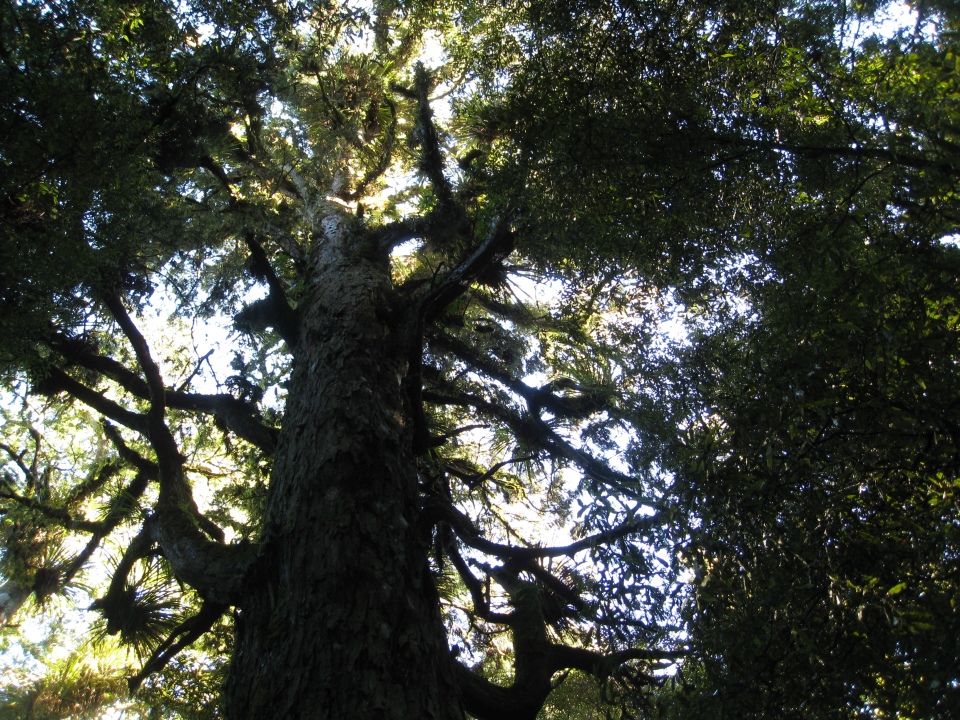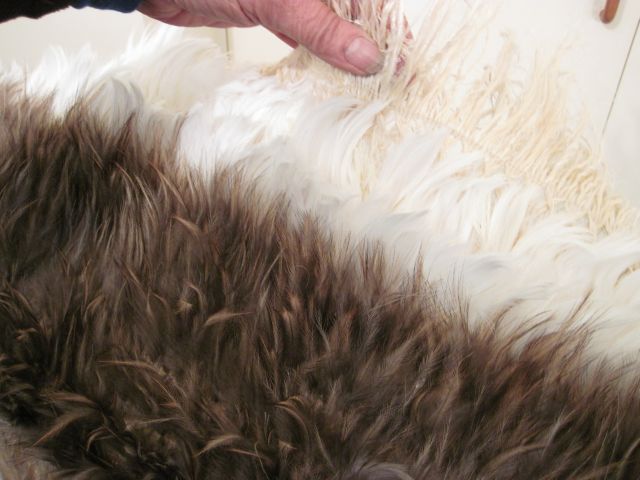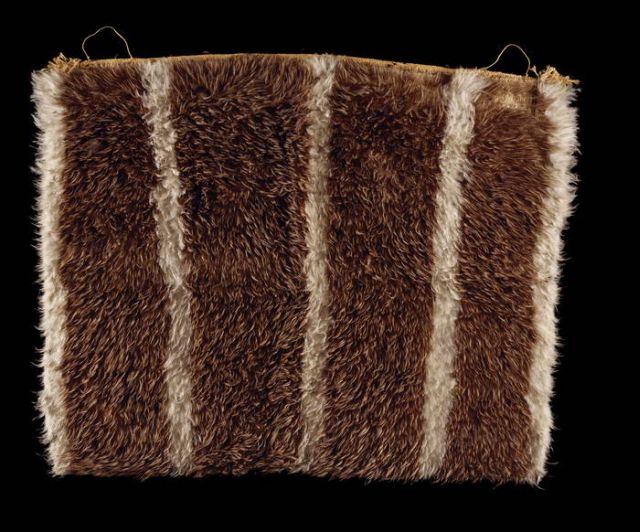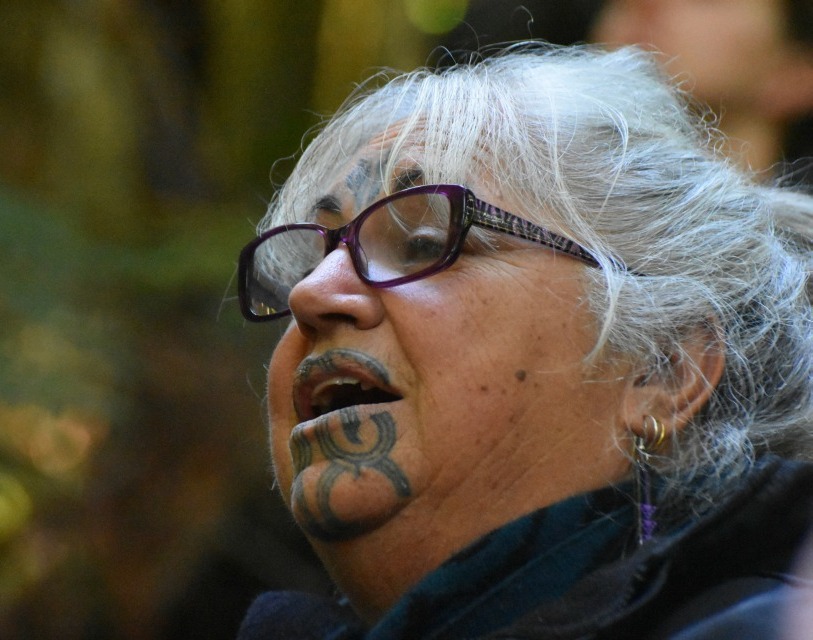Ngahere – the Forest
For Māori the ngahere and all that lives within it is a taonga (treasure). Man and plants have a common origin. Māori saw plants as having senior status, Tane created them before mankind, and they were therefore respected as older relatives. They are the link between man and sacred ancestors, Papatūānuku and Ranginui.
Before the arrival of European, Māori had whakapapa, names and uses for many trees, plants and animals.
Tiakina ngā manu, ka ora te ngahere
Look after the birds and the forest flourishes
Ka ora te ngahere, ka ora ngā manu
If the forest flourishes, the birds flourish
All ngahere contain special forest taonga.
Taonga Tuku Iho
Traditionally ngahere were used for many things and represented the:
- Maōri supermarket
- the spiritual domain
- the schoolhouse
- the medicine cabinet.
Birds were important in traditional Māori life. They were used for food, and people wore their feathers. Birds’ behaviour was used to predict the weather or the future.
Kōkako are named after their beautiful song. Kōkako were considered sacred by many Māori so were not often eaten. Kōkako were attracted with pehe - a call-leaf (leaf used for imitating bird calls to attract them).
When King Tawhiao ended the land wars conflict in the 1880s by marching into Pirongia township with his warriors and laying down arms to declare peace he also laid down 4 birds, one of which was a kōkako.
People were often compared to birds in Māori proverbs. Kōkako were regarded as fleet of foot:
“Hoki i kona, e kore e mau i a koe te kokako e Whareatua” - you can turn back, for you will never catch the crow of Whareatua.
Regional Māori names for kōkako included: 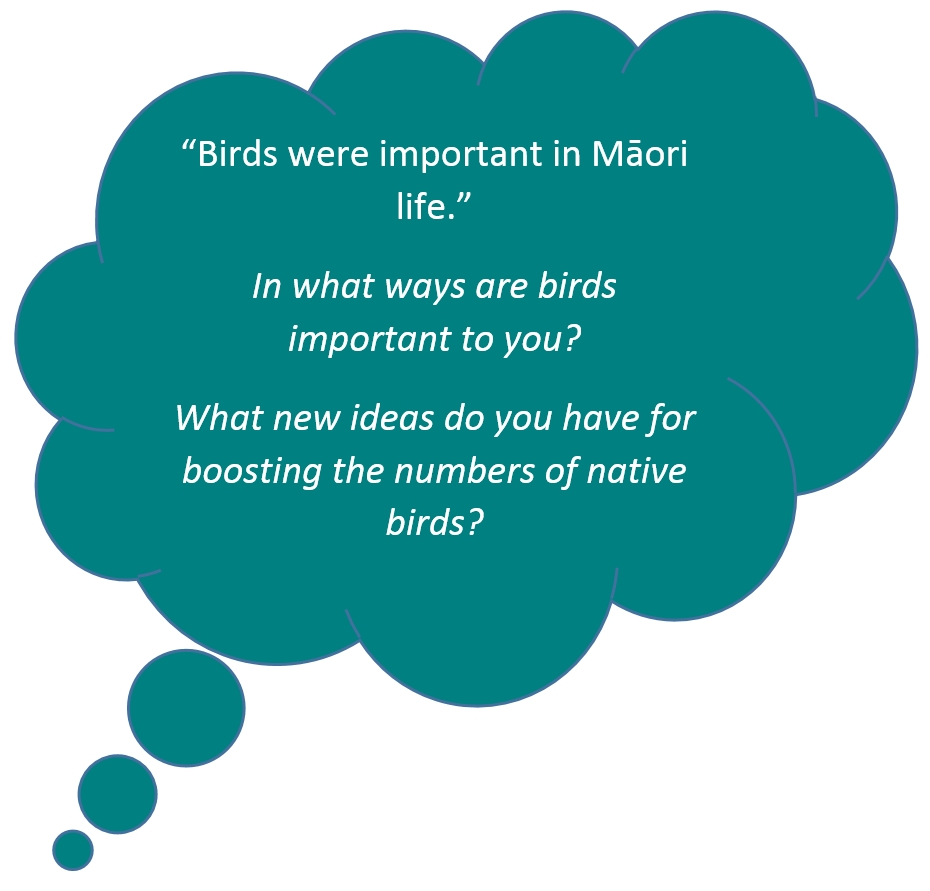
- Hokako
- Honga
- Honge
- Onga
- Onge
- Pakara
- Werewere
In Māori myth, the kōkako filled its wattles with water and brought it to Maui as he fought the sun. Maui rewarded the bird by making its legs long and slender, enabling it to bound through the forest with ease.
Today many iwi and hapu are working together with community groups to restore kōkako habitat, control predators and bring kōkako back to areas where they used to flourish.
Complete the māori and kōkako quiz >

